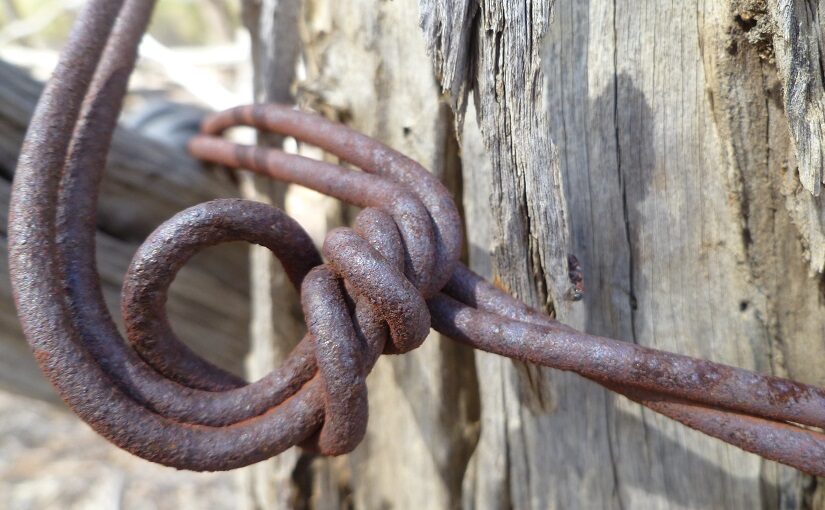Do we live within reality, or the systems that’ve been designed around it? In our natural state, it seems we would’ve lived within reality and all its laws: the interrelatedness of climate, geology, time, cycles of growth or decay, and the creatures with which we share space having determined, to a large extent, what “life” was. Now, though, don’t we exist within all the systems others have dreamt up around all that?
Almost as if humans have stepped in between themselves and reality, creating all these mediating thought structures that shape how we’ll live, the ways we perceive the world around us, and the paths we’re likely to take (Notes One). As if “we” created these grooves with our ideas then shepherded others into seeing life that way and living our lives on those terms.
Isn’t that, in a way, what culture or education are? Passing on the ideas with which we see the world; the things we consider as our options; the judgements we’ll tend to form about the choices we’re all making (Notes Two). This sense in which “society” – be it global, national or otherwise – attempts to convey its thinking and have that shape the lives that are to come: the ways people will interact within its boundaries.
What’s behind that? What kind of vision or sense of life’s meaning is being used, from the back-end, to inform the options we’re offered? Whether optimistic, functional, idealistic or coldly calculated, it must make a difference the kind of ideas those dreaming these things up have in mind (Notes Three). At this point, are we interacting with systems that truly have our best interests at heart?
Arguably, though, human societies have always been “systems” designed from a certain perspective: from the earliest civilisations through to our own, there always seems a “logic” or set of values around which people have organised their communities. As if, as humans, we apply thought to understand our situation then create meaningful thought structures within which we are comfortable to live.
Now, though, what “is” that vision? This freedom to choose within the vast, unregulated marketplace of our options; making from it whatever will emerge from the sum total of all our disparate, seemingly unconnected habits, actions or decisions. There are presumably endless ways the component parts of society could be dismantled and rearranged? Countless potential configurations we might bring into being. (Notes Four)
Sometimes it seems interesting to consider the kinds of choices we’re actually being offered: often, the choice “between” options already set by others, above our heads. Within that, how much power do we actually have to shift things in directions of our true choosing? Is the overarching vision of “where this is going” something that’s in our heads or theirs?
As humans, effectively governed by free choice, isn’t it intriguing to imagine where things are headed and how much power the systems weaving themselves around every facet of our existence might truly have over the lives that we’ll all be leading?
Notes and References:
Note 1: Value and meaning in our lives
Note 1: The thought surrounding us
Note 1: Shaping the buildings that shape us
Note 2: Culture as information
Note 2: The stories that we hear
Note 2: Connecting truthfully with life
Note 2: Making things up as we go along
Note 3: The self within society
Note 3: What inspires collective endeavours
Note 3: Treating people like sims?
Note 3: Knowing the value of what you have
Note 4: The incredible responsibility of freedom
Note 4: Markets, and what they might mean
Note 4: Who gets to define us
Alongside this, there is also the thought of Having confidence in complex systems.

